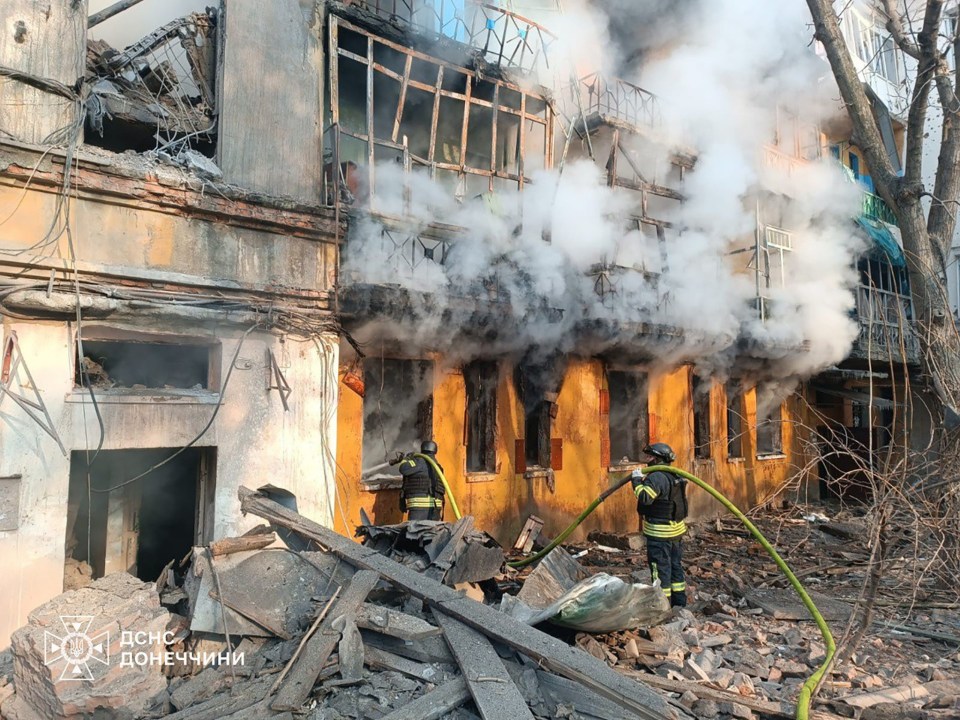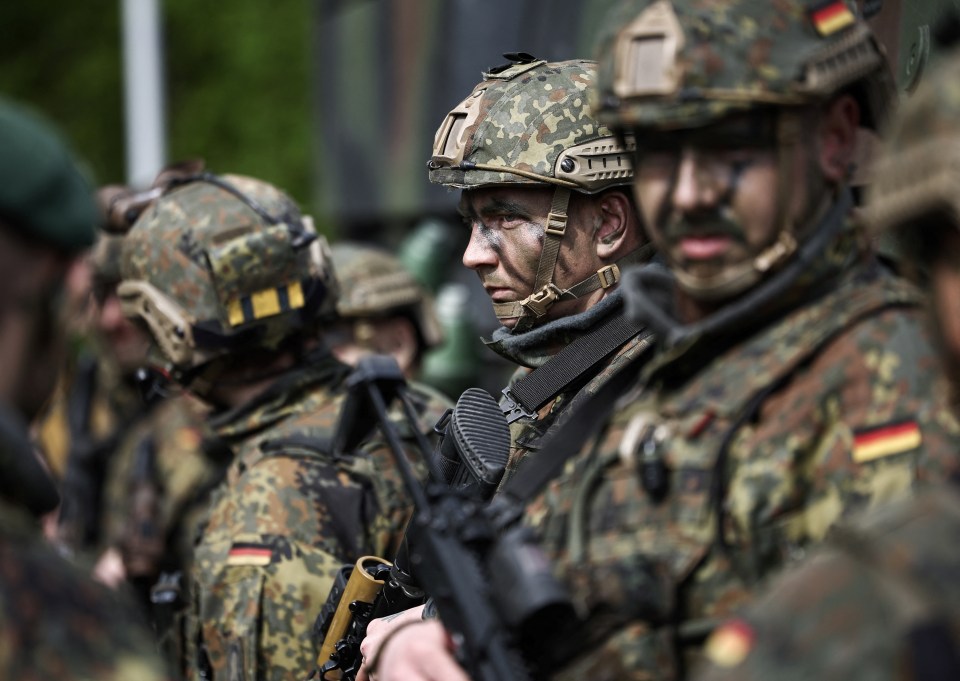The symbolic weight of 5,000 German troops deploying to Lithuania cannot be overstated. This marks the first time since 1945 that Germany has established a permanent military presence on foreign soil—a profound shift that signals Berlin's recognition that European security dynamics have fundamentally changed. Having observed German defense policy evolve over the past decade, I've noticed how reluctantly German leaders have approached this transformation, even as Russia's aggressive posturing made it increasingly inevitable.
Tuesday's announcement represents more than just a tactical deployment; it embodies Germany's painful reconciliation with its military identity. The newly formed 45th Armoured Brigade, activated in a ceremony near Vilnius, stands as evidence that even the most deeply entrenched post-war constraints can give way when security realities demand it.
The Psychological Barrier Finally Breaks
Germany's historical aversion to military projection stems from understandable national trauma. After unleashing two catastrophic world wars, the country embraced a deeply ingrained reluctance toward armed intervention that persisted even during NATO operations in Afghanistan, where German forces operated under restrictive rules of engagement despite losing 59 soldiers.
What's particularly noteworthy is how Russia's actions have accomplished what decades of American pressure could not. During a defense conference I attended in Munich three years ago, German officials still expressed profound hesitation about permanent foreign deployments. Yet Putin's brazen aggression has forced a remarkable pivot in German strategic thinking that would have seemed impossible before 2022.
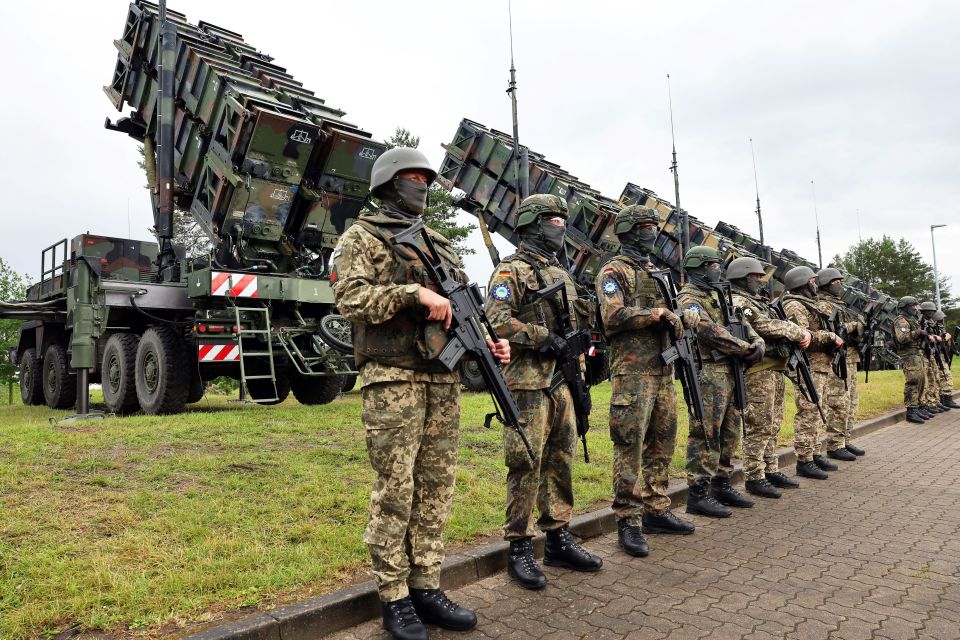
Brigadier General Christoph Huber's statement reveals this evolving mindset: "We have a clear mission: to ensure the protection, freedom and security of our Lithuanian allies on NATO's eastern flank." His additional comment that "In doing so, we also protect NATO territory—and Germany itself" highlights how German security thinking has shifted from abstract alliance obligations to concrete self-defense.
The Deployment's Practical Dimensions
Currently, only 150 German personnel are stationed in Lithuania, though this number should reach approximately 500 by December. The full brigade won't be operational until 2027, when it will relocate to a permanent base in Rūdninkai, roughly 30km south of Vilnius.
The brigade's composition reflects modern military requirements, combining combat elements with essential support functions—medical services, communications specialists, and command infrastructure. This comprehensive approach suggests Germany isn't merely making a symbolic gesture but committing to genuine territorial defense capabilities.
Lithuania's strategic vulnerability likely influenced Berlin's decision. Though lacking a direct border with mainland Russia, the country shares nearly 700km with Belarus (Putin's staunch ally) and sits adjacent to Russia's heavily militarized Kaliningrad exclave. Together with Latvia and Estonia, Lithuania exists in what security analysts often describe as the most vulnerable section of NATO's perimeter.
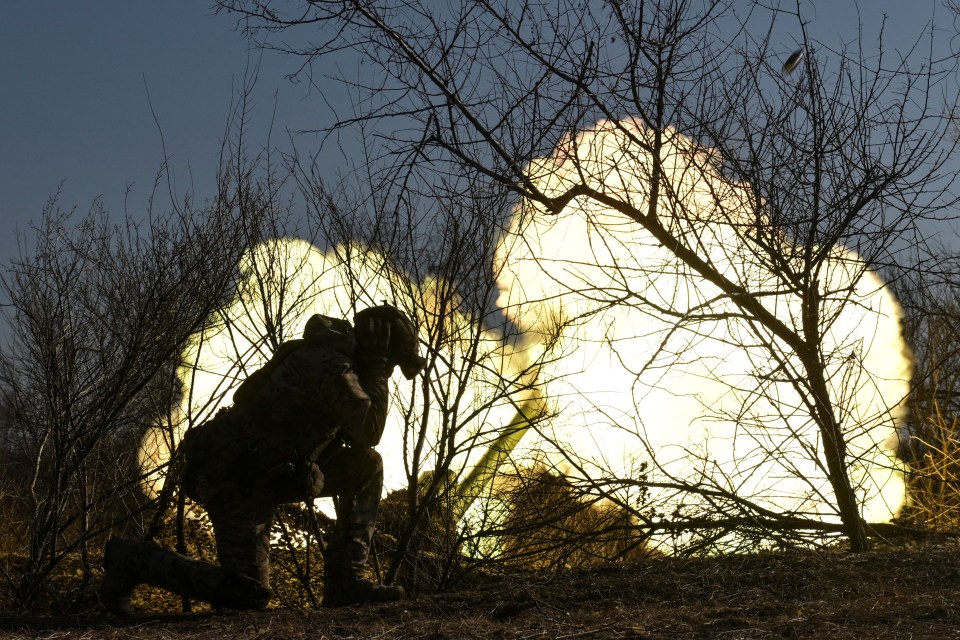
The Undercurrent of Russian Hybrid Warfare
What hasn't received sufficient attention is how Lithuania has already experienced Russia's hybrid warfare tactics—even before this deployment was finalized. The Lithuanian government recently exposed a Russian plot to firebomb an IKEA store, allegedly targeted because the retailer's logo shares colors with the Ukrainian flag. Intelligence sources have also linked Russia to explosives planted on a DHL cargo plane that crashed in Vilnius.
These incidents reflect Putin's preference for asymmetric operations below the threshold of conventional warfare—a strategy I've seen evolve since covering Russia's 2014 Crimea annexation. Such tactics typically intensify when Moscow seeks to destabilize countries receiving increased Western military support, suggesting the new German deployment may trigger additional hybrid responses.
Germany's Domestic Financial Realignment
Perhaps equally significant is the domestic financial restructuring supporting this deployment. German lawmakers have taken the extraordinary step of exempting defense expenditures from the country's notoriously strict debt limitations, creating a €500 billion (approximately £420 billion) infrastructure fund accessible to military planners.
This financial maneuver represents a genuine revolution in German fiscal policy. Having reported on German economic policy for years, I've witnessed how zealously the country has guarded its balanced budget principles—often to the frustration of NATO allies urging greater defense spending. That these fiscal constraints have been loosened specifically for military purposes underscores the severity with which German leaders now view the Russian threat.
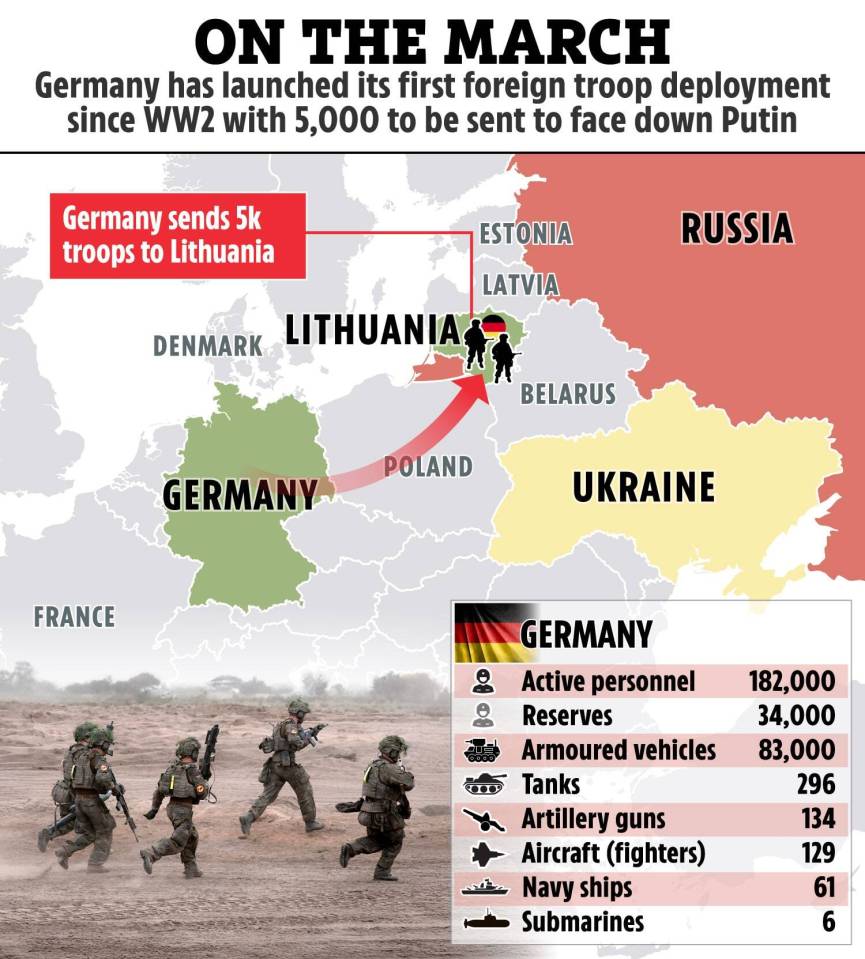
The Broader Historical Context
The deployment occurs against a backdrop of gradual German military normalization. While this represents the first permanent foreign stationing of German troops since WWII, Berlin has incrementally increased its international military involvement over decades—from humanitarian missions in the 1990s to more substantial commitments in Afghanistan and Mali.
Yet there's a qualitative difference between temporary deployments and establishing a permanent combat brigade on NATO's eastern flank. The latter signals a fundamental shift in how Germany conceives its role in European security architecture—moving from reluctant participant to proactive defender.
As Markus Zeiner of the German Marshall Fund in Berlin aptly noted: "We started two world wars. Even though it's 80 years since World War Two ended, the idea that Germans should stay out of conflict is still very much in many people's DNA." This cultural resistance explains why the transition has been so gradual and why this deployment represents such a watershed moment.
The View from Military Leadership
Germany's top general, Carsten Breuer, has expressed an urgency that would have been uncharacteristic for German military leadership in previous decades. His assessment that "We are threatened by Russia. We are threatened by Putin" reflects a growing consensus within German defense circles that I've observed developing since 2014.
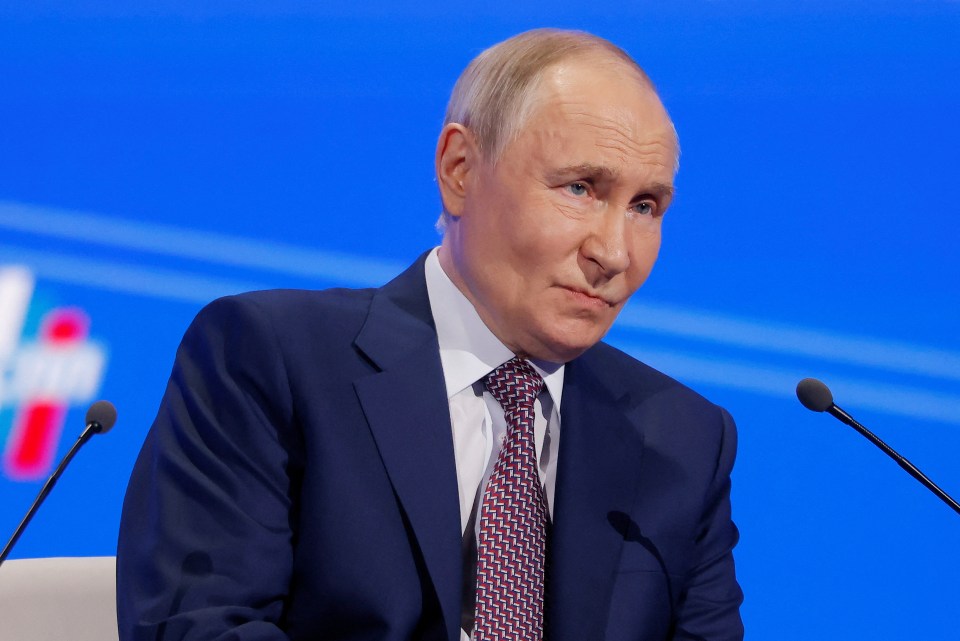
General Breuer's additional comment—"It's not about how much time I need, it's much more about how much time Putin gives us to be prepared"—suggests German military planners have abandoned their previously optimistic assessments of Russian intentions. This newfound clarity likely accelerated the Lithuanian deployment decision.
Looking Forward: Implications for European Security
This deployment will likely catalyze further changes in European defense posture. Other NATO members may feel emboldened to establish more robust forward presences, particularly in Poland and the Baltic states. The psychological impact of German troops permanently stationed near Russia's periphery sends a powerful deterrent message that transcends the brigade's actual combat capabilities.
For Germany itself, this deployment represents just the beginning of a profound national security transformation. Future historians may well identify this Lithuanian brigade as the moment when Germany fully reclaimed its position as a normal military power—eight decades after its catastrophic defeat.
The ultimate test, however, will be whether this deployment actually enhances deterrence against Russian aggression or inadvertently contributes to regional tensions. Germany's historical experience makes its leaders particularly sensitive to this balance, yet the very fact that Berlin has overcome its deep-seated military reluctance suggests they've concluded the greater risk lies in inaction rather than in breaking with the past.
